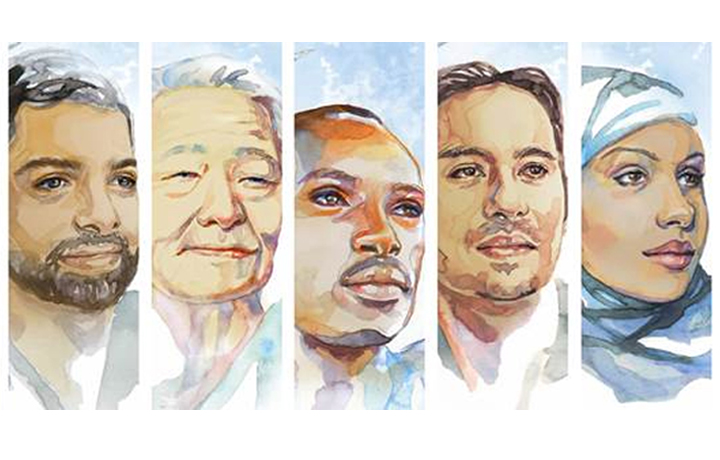Working with Immigrant Survivors of Domestic Violence
With the new Federal administration, there is a dramatic change in immigration enforcement. In turn, many programs are reporting that immigrant survivors are even more reluctant to come forward due to fears of detention and removal. However, current law still grants victims of certain crimes including domestic violence, sexual assault, and human trafficking relief from removal (deportation) and immigration protection.
Recently, National Immigrant Women’s Advocacy Project held a webinar entitled Enhanced Safety Planning for Immigrant Survivors of Domestic and Sexual Violence to help address the many questions advocates may have working in this new atmosphere. This link has the Powerpoint presentation from the webinar and several in-depth resources for advocates working with immigrant survivors. Additionally, here are a few practical ideas that might assist agencies working with immigrant victims.
Outreach is essential! Having trusted ties in the community is important to have survivors being willing to come forward and discuss their situations and asking for help. Consider partnering with your local legal services organization to set up “Know Your Rights” events.

Image credit: http://www1.nyc.gov/site/immigrants/index.page
Here are the rights available to all immigrant survivors of domestic violence or sexual assault regardless of status:
-
Services from shelters, domestic violence, and sexual violence programs;
-
Civil protection orders from a court;
-
Custody and support for children;
-
Police assistance;
-
Emergency medical care;
-
Criminal prosecution of the perpetrator; and
-
Citizen children can receive public benefits.
Know if your law enforcement agency has a 287(g) agreement with ICE. A 287 (g) agreement essentially dictates that persons arrested by law enforcement are run through federal databases to determine if they are removable. If someone eligible for removal, the law enforcement agency will place him/her on a 48-hour hold to allow for ICE to pick-up the person. Law enforcement should not run anyone through a database if they are reporting a crime.
Before going to your local law enforcement agency to file a police report, contact your local legal services organization and discuss the action with them. If the survivor has possible immigration relief or is in the process of obtaining status, have her/him bring copies of whatever documentation to the law enforcement agency. If possible, go with your client to file the police report to provide advocacy and support.
Also, revisit your client’s safety plan include immigration-related issues such as power of attorney for children to someone who has status, referrals to legal services organizations, and saving funds for legal representation and bail. Legal representation is allowed in the immigration system, but unlike in the criminal justice system, representation is not provided by the government.
Nevada Immigration Resources:
- American Civil Liberties Union
- Northern Nevada 775-786-6757
- Southern Nevada 702-366-1226
- Legal Aid Center of Southern Nevada 702-386-1070
- Thomas & Mack Legal Clinic, Boyd School of Law, UNLV 702-895-2080
- Volunteer Attorneys of Rural Nevada 775-883-8278 or toll-free 866-448-8276
- Washoe Legal Services 775-329-2727
We are not an emergency shelter or a crisis hotline. View a statewide directory of shelters, community-based advocacy, and legal assistance programs.
NEVADA COALITION TO END DOMESTIC AND SEXUAL VIOLENCE (NCEDSV)
NCEDSV NEWSLETTER
Sign up to get NCEDSV news and updates delivered to your inbox.
By submitting this form, you are consenting to receive marketing emails from: . You can revoke your consent to receive emails at any time by using the SafeUnsubscribe® link, found at the bottom of every email. Emails are serviced by Constant Contact

